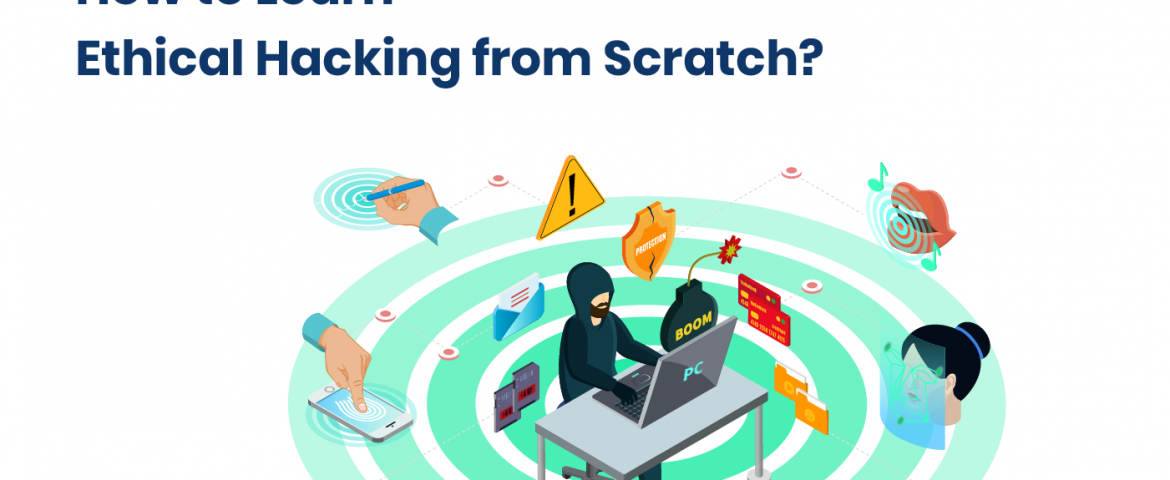
Learning the basics of Ethical Hacking: A Guide
Sep 05, 2024 3 Min Read 2300 Views
(Last Updated)
Trying to explore Ethical Hacking?
Most industries in today’s world rely entirely on technology to support their core infrastructure. So, what happens if any of these systems get hacked? There’s scope for financial loss, network services being down, reputation damage, and even contagion! That is the reason why hacking is supported, even encouraged by industries, as a pre-emptive measure.
Table of contents
- What is Ethical Hacking?
- Ethical Hacker vs Malicious Hacker
- How ethical hackers do it
- Reconnaissance:
- Scanning:
- Gaining access:
- Maintaining access:
- Clearing Tracks:
- A few challenges that ethical hackers face
- How to qualify yourself as an Ethical Hacker?
What is Ethical Hacking?
Hacking is the art of finding possible intrusion points into a computer network and eventually making an entry. As pop culture would tell you, it’s usually done to harm the systems on the network or steal sensitive information from them.
Well, Ethical hacking is the act of authorized penetration testing to find vulnerabilities and ensure the security of an organization’s information system. Essentially, the ethical hacker is an individual or a company that helps identify weaknesses and potential threats on a computer system/network in order to build cyber resilience.
Ethical Hacker vs Malicious Hacker
Public sentiment generally leans toward associating hacking with breaking the law. It’s assumed that everyone who engages in hacking activity is a criminal. However, ‘hacker’ is a term that’s used for people who write code as well as those who exploit it.
Danish philosopher and theologian Søren Kierkegaard (1813 – 1855) once pointed out that no rational argument can convince one to follow the ethical path. This is to say that a hacker who does not follow the ethical path is a malicious hacker. This person is someone who malevolently breaks into systems out of spite or for personal gain.
German philosopher and one of the central Enlightenment thinkers, Immanuel Kant (1724 – 1804) proposed that the dependability of generalizability, while not absolute, is statistically probable. He believed that what is ethical for an individual must be generalizable to everyone. This is to say that hacking which benefits a larger population is ethical.
The ethical hacker would employ the same tools and techniques as the malicious hacker, but for a good cause i.e. to try and find vulnerabilities, in order to fix them before the malicious hacker can get there and try to break in.
How ethical hackers do it
There are five phases of ethical hacking:
1. Reconnaissance:
First off, the ethical hacker will gather information about his/her target. The target could be anything: a website, a person, or a web server.
If the target is a website, for example, then the ethical hacker will secure details like the IP address of the website, the type of framework used to build the website, whether it’s hosted on a shared server or a dedicated server, whether the website is built with a content management system, etc.
In case the target is a person, then they’ll gather information like the person’s history, his/her work environment, contact details, any interesting details that are available on the person’s social media profile, etc.
2. Scanning:
In the next phase, the ethical hacker scans each and every component of the system in search of vulnerabilities.
3. Gaining access:
Once they’ve found vulnerabilities, the next step is to exploit them in order to gain access to the system.
4. Maintaining access:
After exploiting the vulnerabilities and gaining access to the system, the ethical hacker creates a backdoor in order to maintain access beyond that particular session of access. In order to maintain access, the ethical hacker can either upload any web shell or generate his/her own vulnerability in that system.
5. Clearing Tracks:
This phase refers to clearing records like log files, history, registry settings, etc.
A few challenges that ethical hackers face
1. The field requires you to stay active and constantly research: Effective hacking is an art-form of locating multiple different types of problems and chaining them together to create a full vulnerability that requires a patch. There’s a lot of reading, adapting, learning, and trying new things.
2. Managers perceive security as a line-item expense: Ethical hackers often find themselves arguing about how serious a problem is! Also, whether development time needs to be spent on addressing issues. Conflicts with managers often lead to unnecessary stress and the differences can grow into hunting for a new job. In the eyes of (irresponsible) managers, security teams are expensive and stagnate the development of new products.
3. Responsible vulnerability disclosure: Companies often respond extremely slowly to reports, leaving their customers vulnerable to attack. Sometimes, the company chooses to do nothing and encourages the researcher to never disclose the problem. This is where the “runway” for a vulnerability is pivotal.
The agreement is cordial until this time window passes, and then the researcher publishes the vulnerability, patched or not. This forces the company to act because the vulnerability is in the wild. And it opens up possibilities of active exploitation. While this may seem irresponsible on the surface, the runway creates a sense of urgency for the developer. Developers have to actually solve problems that are jump in. They have to check that no stall or serious security issues arrive at their users.
How to qualify yourself as an Ethical Hacker?
Ethical hacking is a topic of cybersecurity that comes under the umbrella of Information Technology. If the world of technology intrigues you, and cybercrime provokes you, then ethical hacking is worth considering as a career option.
- Building a solid foundation in IT is a good starting point. Although your educational background does not affect an ethical hacking career. However, it might be helpful in finding the best job. Enrolling in the best ethical hacking courses like GUVI’s can train you from scratch. It will help with multiple certifications regardless of your knowledge levels in the field.
- Eat, breathe, and sleep coding. To educate yourself with an ethical hacking course, it’s imperative as an aspiring ethical hacker to dive into various programming languages. You can start with basics like HTML, Javascript, C, and C++ before you advance into Python, PHP, etc.
- In addition to ethical hacking courses, you may also want to check out the various types of certifications to find one you’d consider gaining.
- Lastly, stay on top of your game and aim to be a master of code and computer systems. After all, hacking is about dynamically equipping yourself with the knowledge to counter any and every cyber attack. Understand that new hackers emerge every day. Your coding skill is your currency and you must invest in improving it. Again, remember to take up ethical hacking courses to add value to your resume.

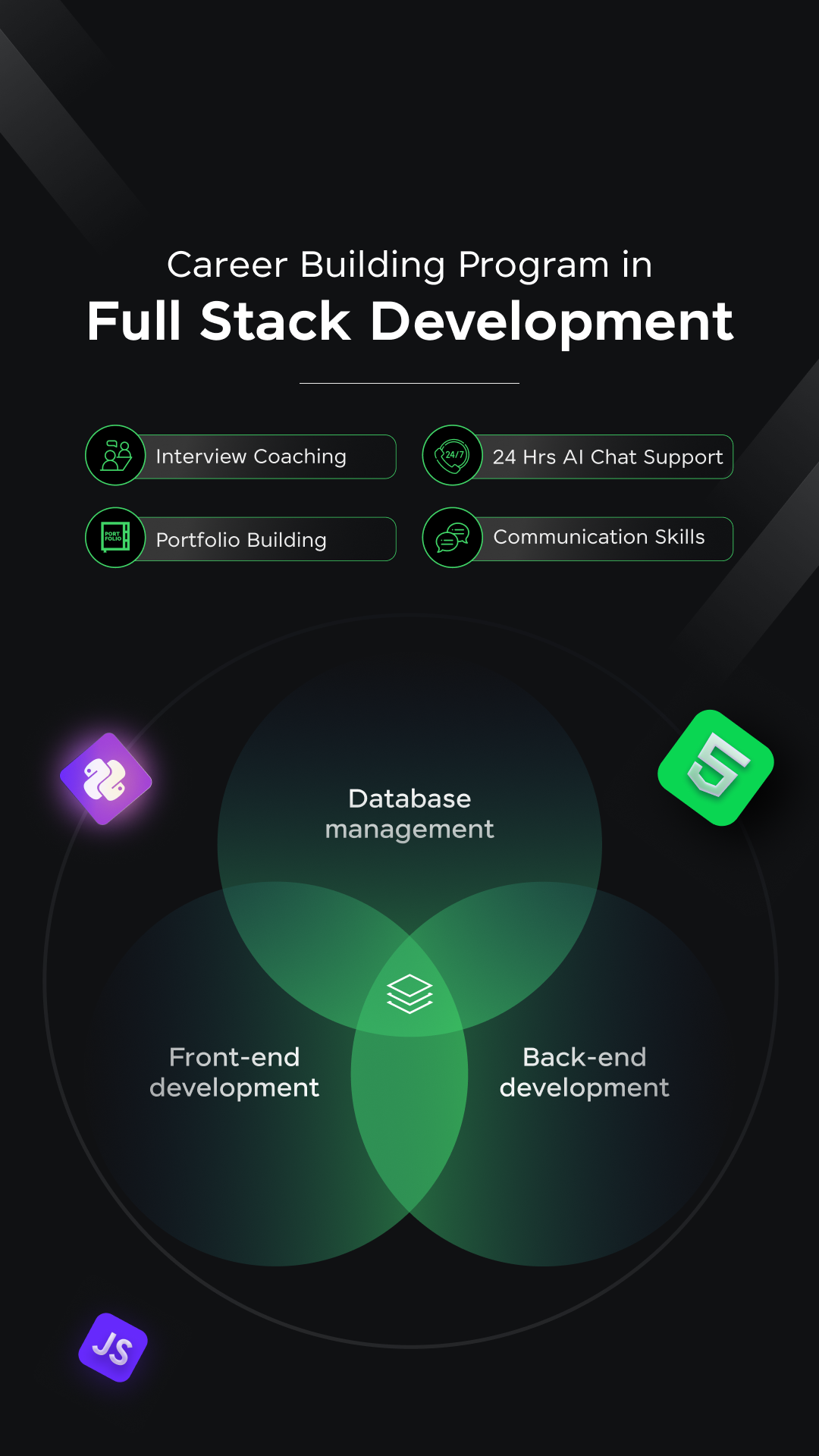






















![10 Best Ethical Hacking Project Ideas [With Source Code] 3 Ethical Hacking Project Ideas](https://www.guvi.in/blog/wp-content/uploads/2024/11/Ethical-Hacking-Project-Ideas.png)
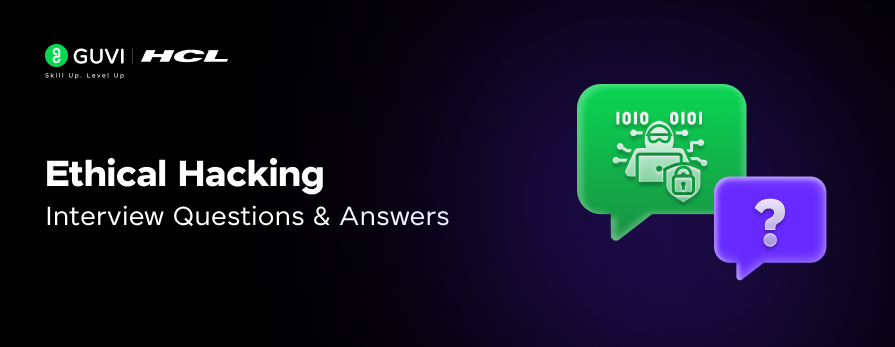


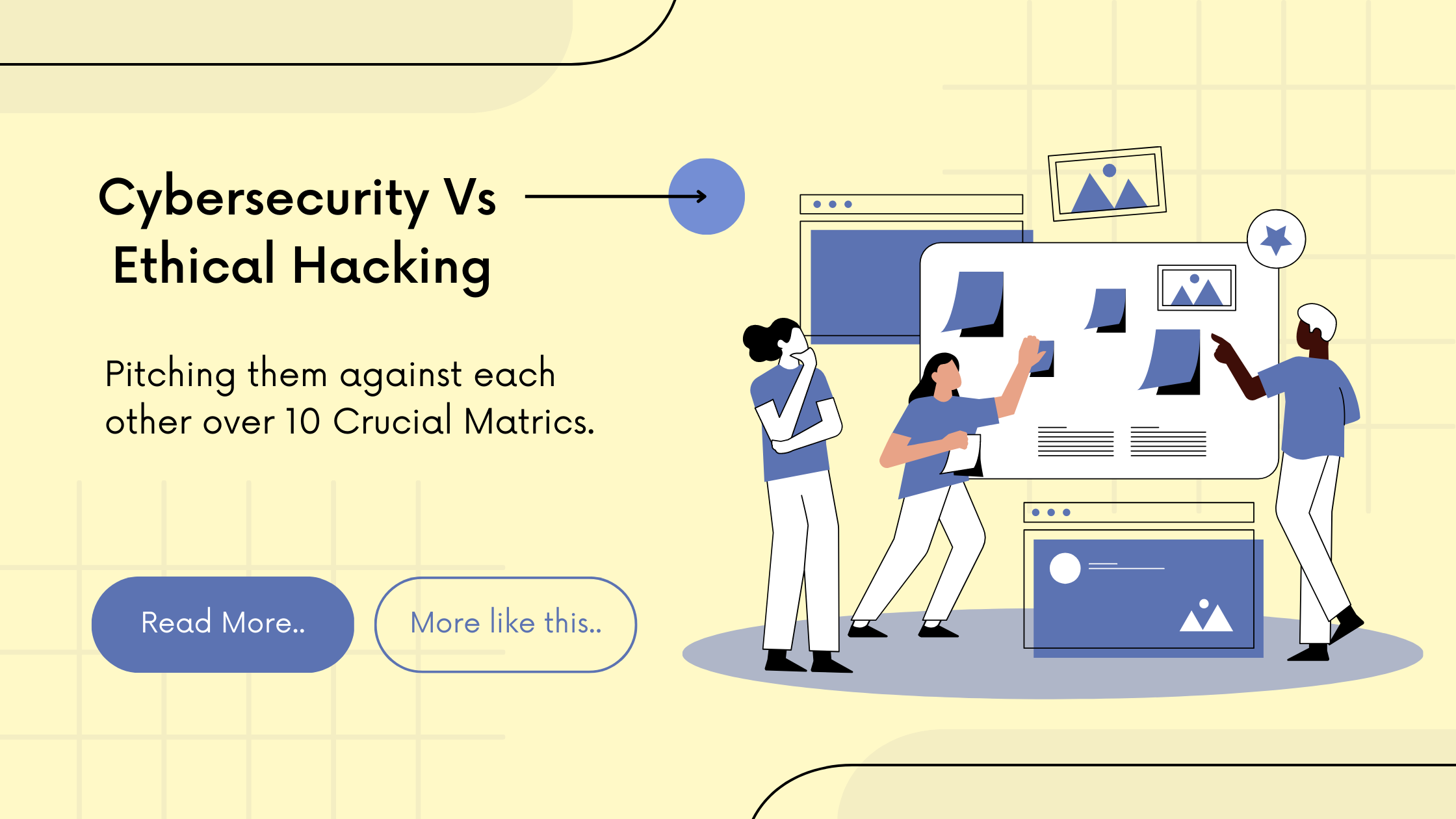
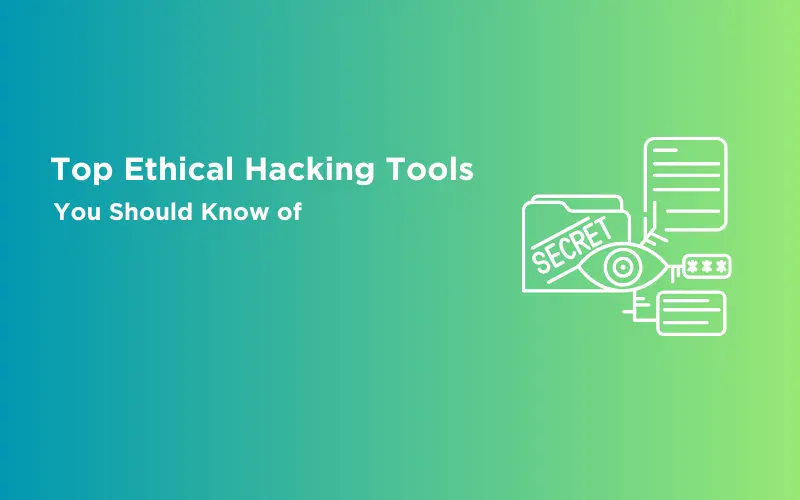
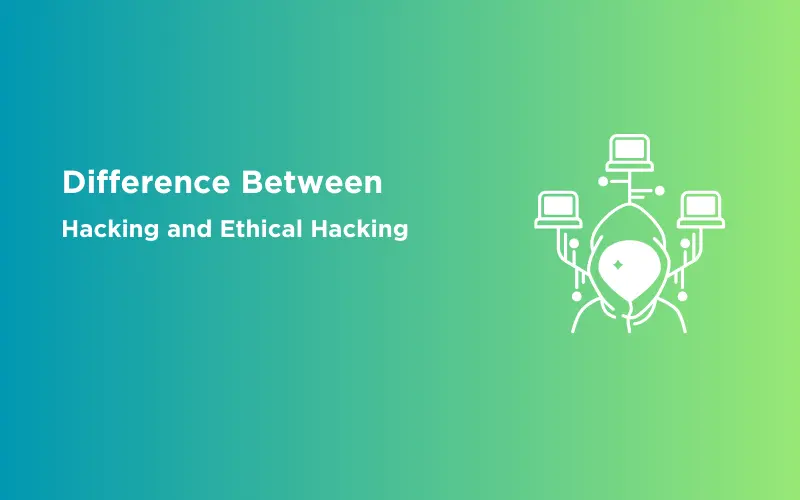
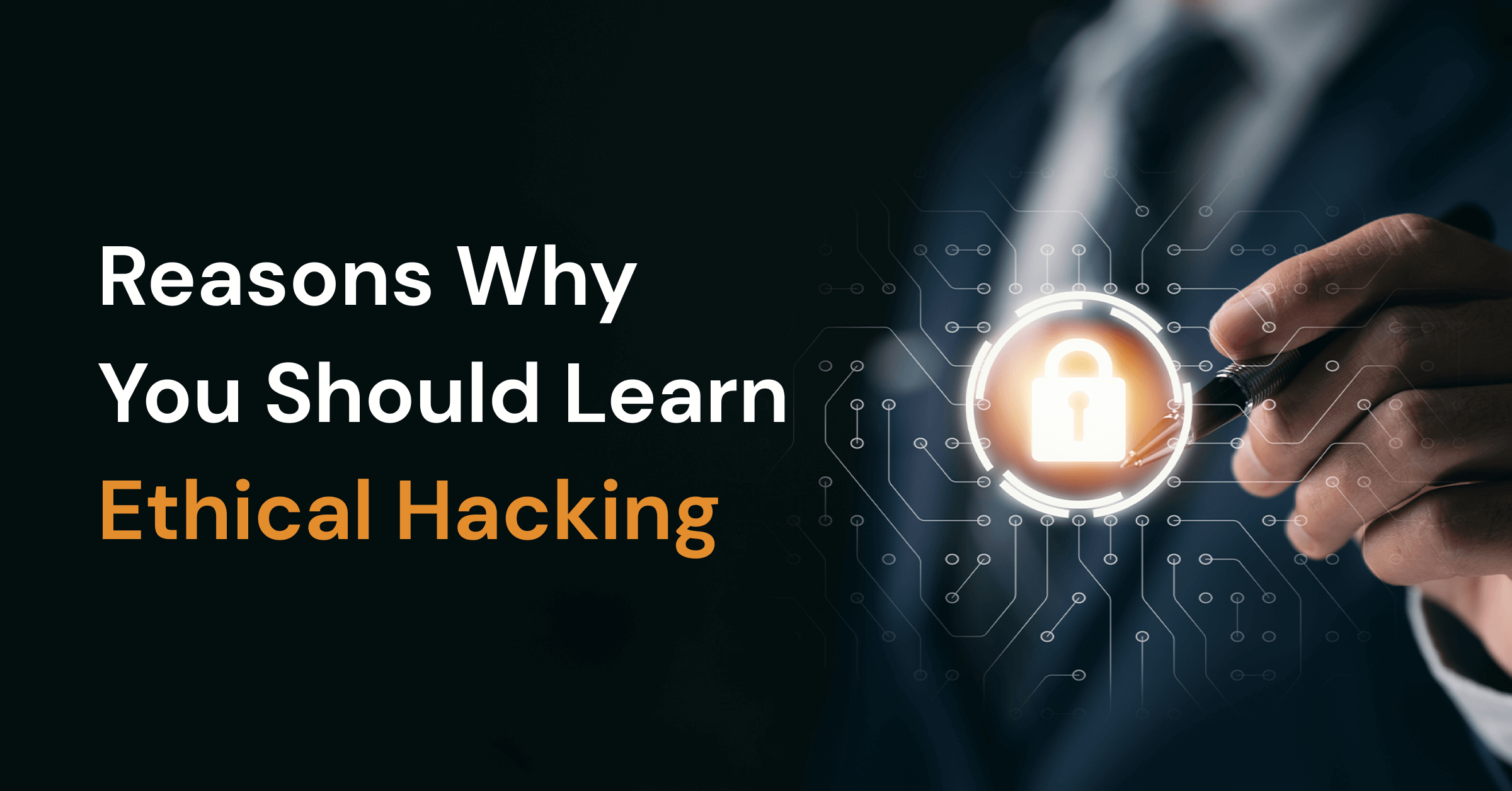

Did you enjoy this article?